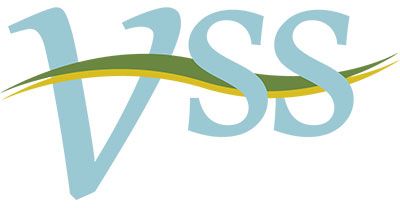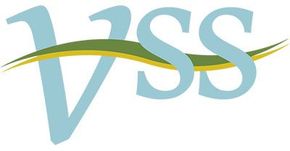Veterinary Relief Staffing
Request Call Back
Hero Request Form
Now Offering
Virtual Consultations
Submit your request today to set up a live video consultation via Google Meet with Veterinary System Services, Inc from your smartphone, tablet, or computer!
Your Trusted Partner In Veterinary Staffing Solutions
Since 2014, Veterinary System Services, Inc has been a leading provider of medical staffing services, specializing in veterinary relief staffing across Colorado, Arizona, New Mexico, Texas, Maine, Massachusetts, Rhode Island, Connecticut, and North Carolina. Our locally owned business is built on a foundation of trust, experience, and a commitment to excellence. We understand the unique needs of veterinary practices, offering tailored solutions that ensure you are covered by insurance and supported by certified staffing professionals. Call or text us today to learn more.
Why Choose VSS for Your Veterinary Staffing Needs?
Choosing VSS means partnering with a trusted and experienced team dedicated to your success. Our comprehensive coverage across multiple states ensures that we can meet your staffing needs wherever you are. With over a decade of experience, our management team includes professionals with many years of experience and certified managers who are dedicated to delivering exceptional services.
We offer free consultations, no obligation or deposits. At VSS, confidentiality is paramount, and we are one of the few legal and licensed staffing agencies in the industry. Every customer receives personalized attention from their own account manager, ensuring a seamless and confidential experience. Request a call back today to schedule a consultation.
Our Staffing Services
Veterinary Relief Staffing
VSS specializes in veterinary relief staffing, providing experienced and reliable professionals to meet your short-term or long-term needs. Our team of professionals with many years of experience and certified managers ensures that your practice remains fully operational. We carefully match our staff to your specific requirements, guaranteeing a seamless integration into your team.
Employment Services
We offer W-2 employment with paid benefits, providing our staff with the security and support they need. Our employment opportunities are designed to attract and retain top talent. VSS employees enjoy the flexibility to set their own schedules and work across a diverse range of practices and specialties. Contact us today for more information.
Inventory Consulting
Our inventory consulting services help veterinary practices manage their supplies efficiently and cost-effectively. We offer expert advice on inventory management, ensuring that you have the right products on hand without overstocking. We help you reduce waste and improve your bottom line, allowing you to focus on providing excellent patient care.
Medical-Grade Laundry
VSS provides a reliable, medical-grade laundry service to maintain the highest standards of cleanliness and hygiene. Our state-of-the-art facility and stringent protocols guarantee that your linens and uniforms are thoroughly cleaned and sanitized. This service not only enhances your practice but also contributes to a safe and healthy environment for your staff and patients. Reach out to us today!
State Locations
With presences in multiple regions, VSS is well-positioned to meet your veterinary staffing needs across multiple states. Our extensive network allows us to provide consistent and reliable service, no matter where your practice is located. We understand the unique challenges and opportunities in each region, ensuring that our solutions are tailored to your specific location.
Meet Your Team
At Veterinary System Services, Inc, we believe in the power of personalized service. Each customer is assigned their own account manager, who is dedicated to understanding and meeting your specific needs. Our team of certified staffing professionals and registered veterinary technicians brings a wealth of experience and expertise to every assignment.



Share On: